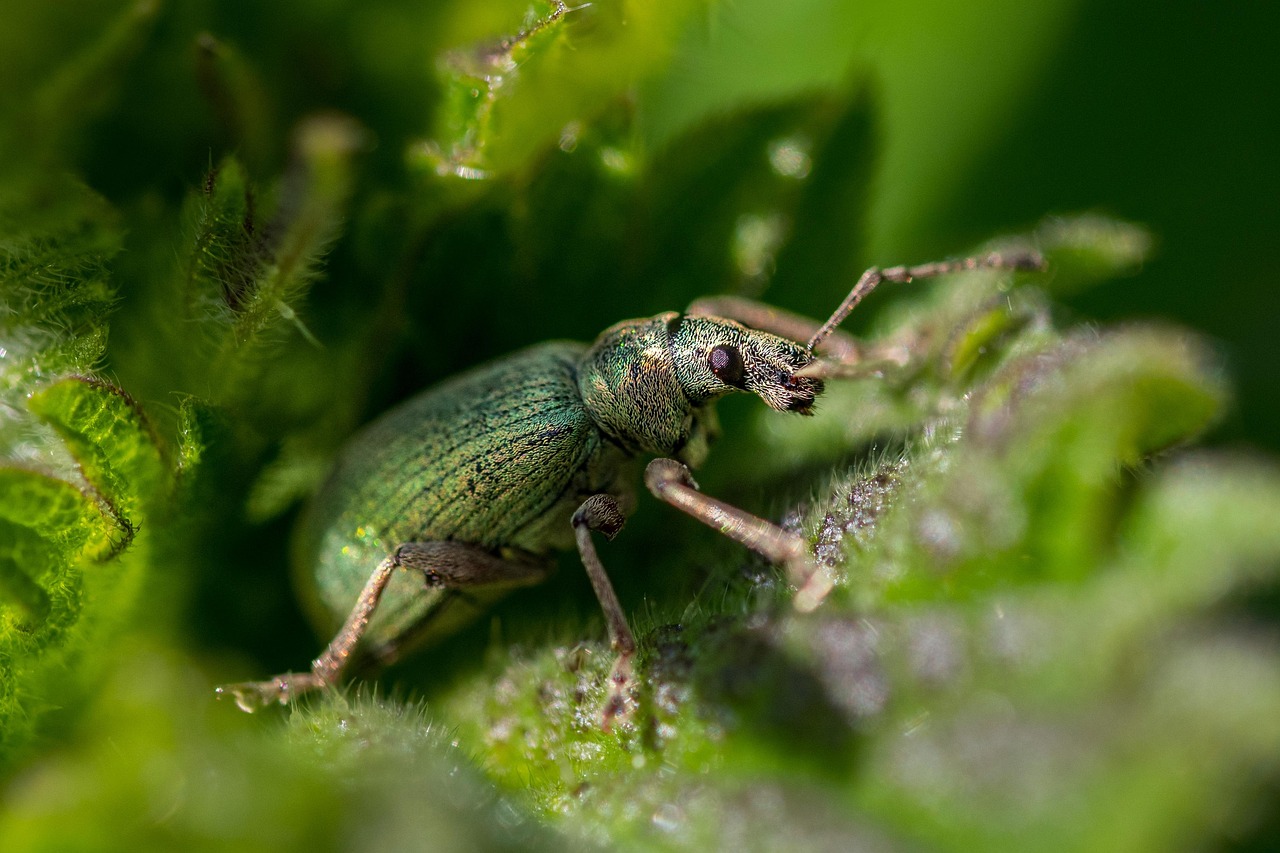Pests - Part 3
Dealing with Garden Pests - Part 3
Introduction
Welcome to the third part of our series on dealing with garden pests. In this article, we will explore more effective and eco-friendly methods to protect your garden from unwanted visitors.
Natural Predators
One of the best ways to control garden pests is by attracting natural predators. Beneficial insects like ladybugs, lacewings, and praying mantises can help keep harmful pests in check. You can attract these predators by planting nectar-producing flowers and providing shelter for them to live in.

Companion Planting
Companion planting involves growing certain plants together to benefit each other. For example, planting marigolds alongside vegetables can help repel pests like nematodes. Similarly, planting basil near tomatoes can improve their flavor and repel insects.

Homemade Pest Sprays
You can create homemade pest sprays using ingredients like garlic, chili peppers, and neem oil. These sprays are safe for plants and can effectively deter pests like aphids, caterpillars, and mites. Regularly spraying your plants with these natural solutions can help keep pests at bay.
Protective Barriers
Physical barriers like row covers, netting, and copper tape can be used to protect your plants from pests. Row covers can prevent insects from reaching your plants, while netting can keep birds and larger pests away. Copper tape is effective in deterring slugs and snails.

Conclusion
By implementing these eco-friendly methods, you can effectively manage garden pests without resorting to harmful chemicals. Remember that a healthy garden ecosystem with a balance of beneficial insects and plants is the key to long-term pest control.
Stay tuned for more tips and tricks on maintaining a thriving and pest-free garden!
